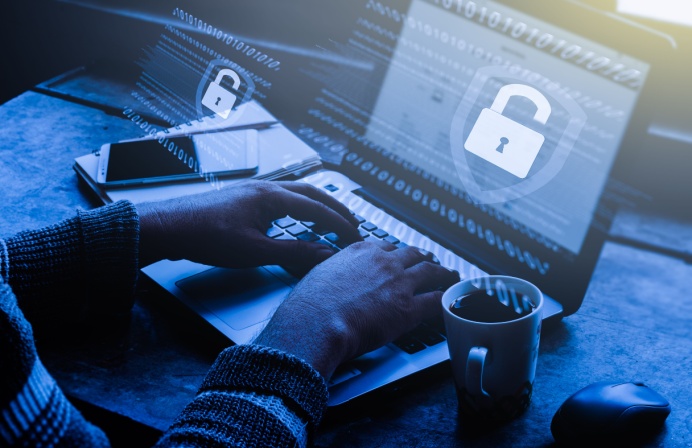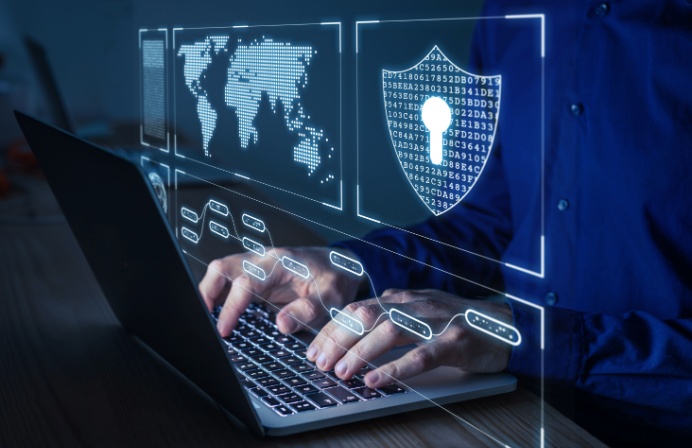
Australia’s peak cybersecurity body, the Australian Information Security Association (AISA), has warned Australians of the risks associated with buying cheaper goods from overseas where data privacy and protection are poorly regulated.
Quality, it said, should be privileged over quantity when it comes to data protection. This is especially so when concerns about online privacy and data security are sidelined due to convenience and cost, as is the case for many Australians making purchases.
AISA, which said it is committed to championing information security practices and helping individuals safeguard their digital identity, has encouraged Australians to value trusted sources in the face of ongoing cybercrime and other technological challenges.
“The modern consumer is often swayed by the convenience and cost, sidelining paramount concerns about their online privacy and data security,” AISA chair Damien Manuel, said.
“The message is clear: if you want to secure your data and ensure your privacy, you should be looking to buy products from markets that are rigorously regulated, like those here in Australia, and that might mean paying more.”
Manuel also stressed that the world was “at a technological crossroad” and Australia had taken steps, which included excluding, for example, Huawei from its 5G network and restricting the use of TikTok on government devices, to underscore “the global paradigm shift” in which it looks to approach technology and its challenges.
Manual pointed to blockchain technology as an example which first grew in popularity; however, its association with the volatile cryptocurrency market later led to a decrease in trust.
“Notwithstanding its potential applications, blockchain seems tethered to the crypto sphere in public perception,” Manual said.
Addressing the concerns around quantum computing, he added: “While it’s true that quantum computing holds immense potential, our current encryption methods, especially those with keys 2048 bits or longer, will remain effective for the foreseeable future, possibly another two to four decades.
“For long-term data protection, though, more advanced methods or extended keys might be required.”





